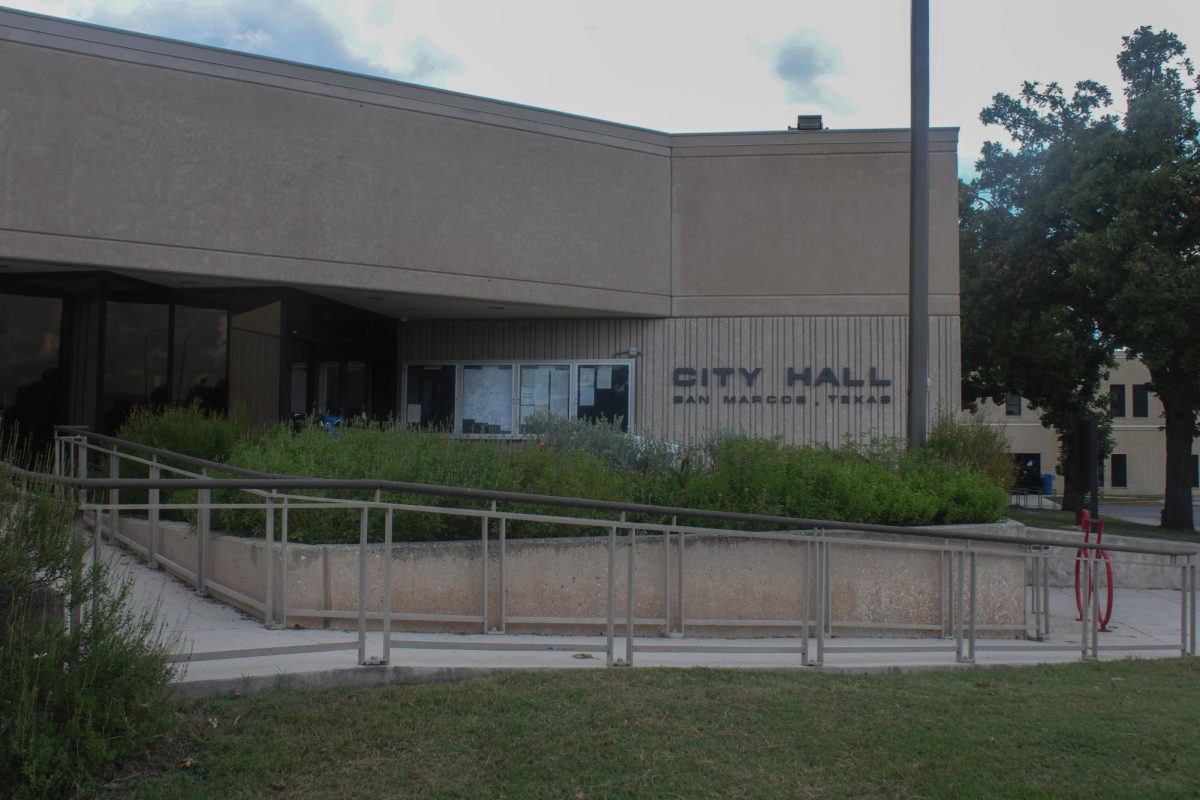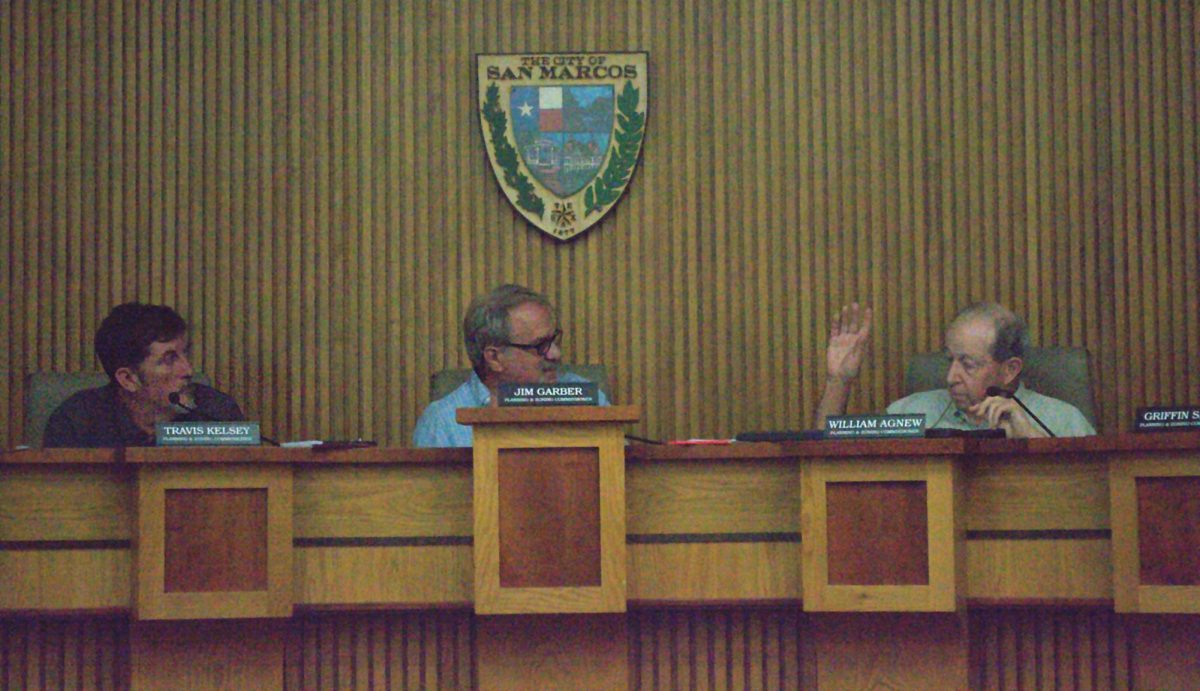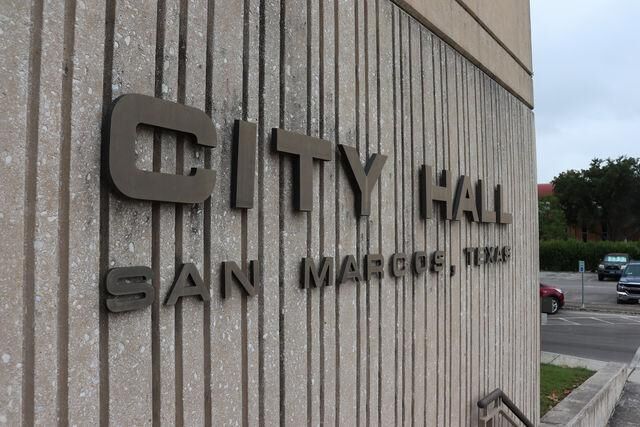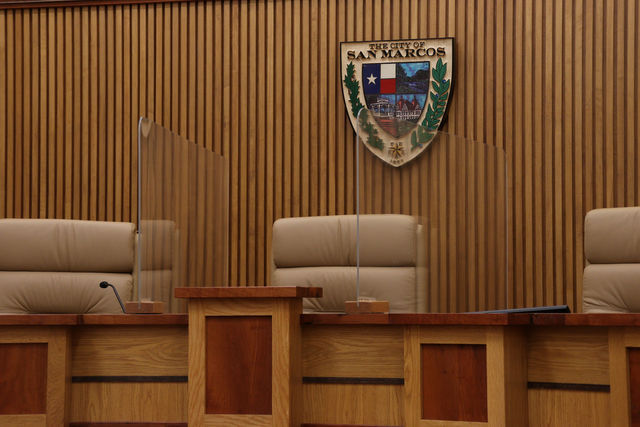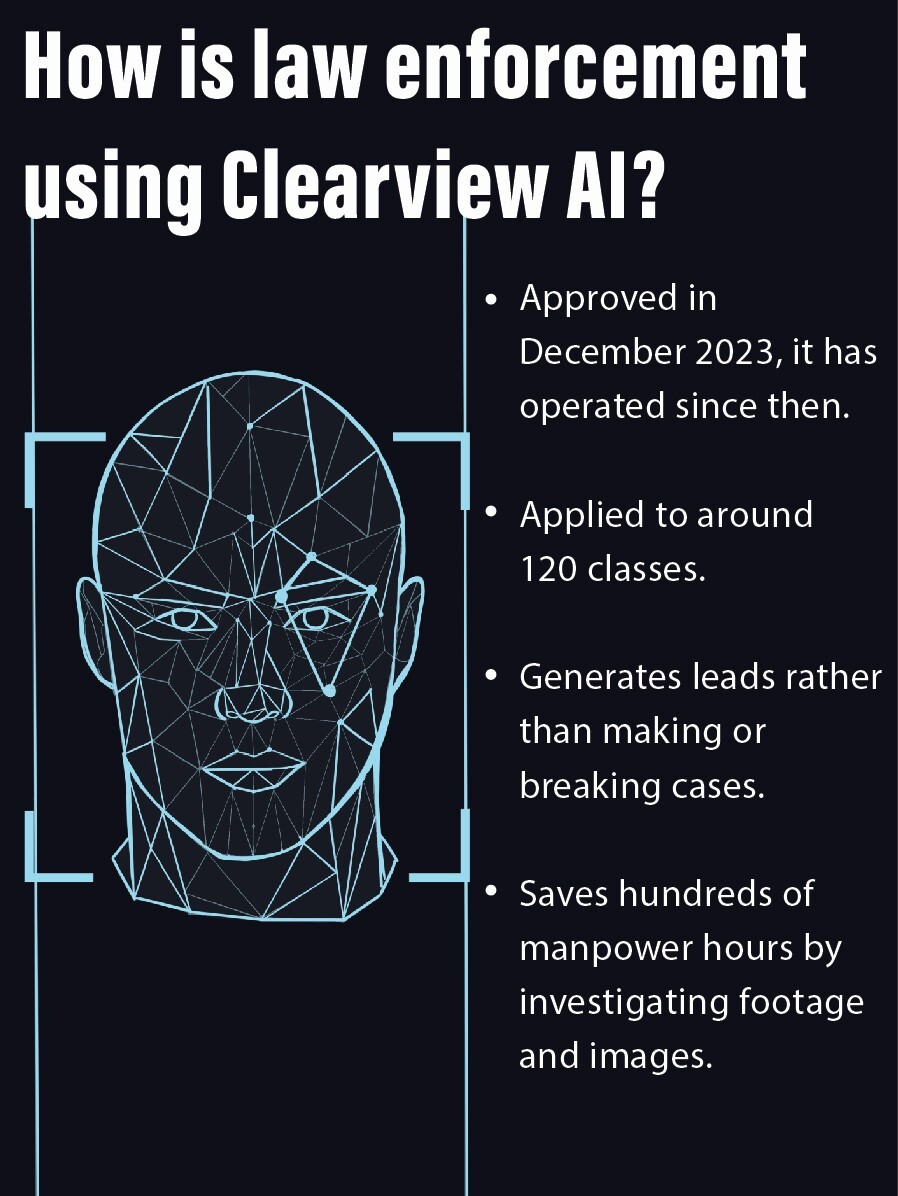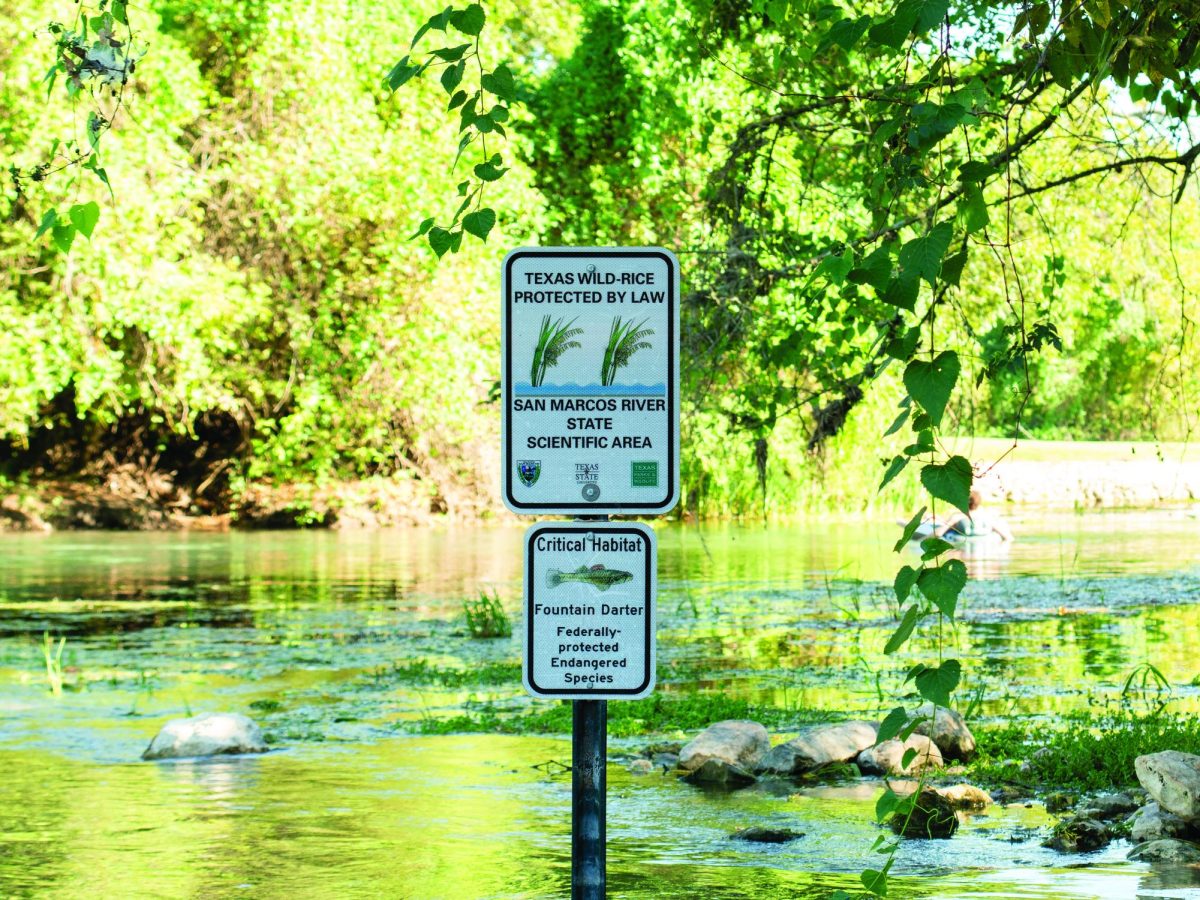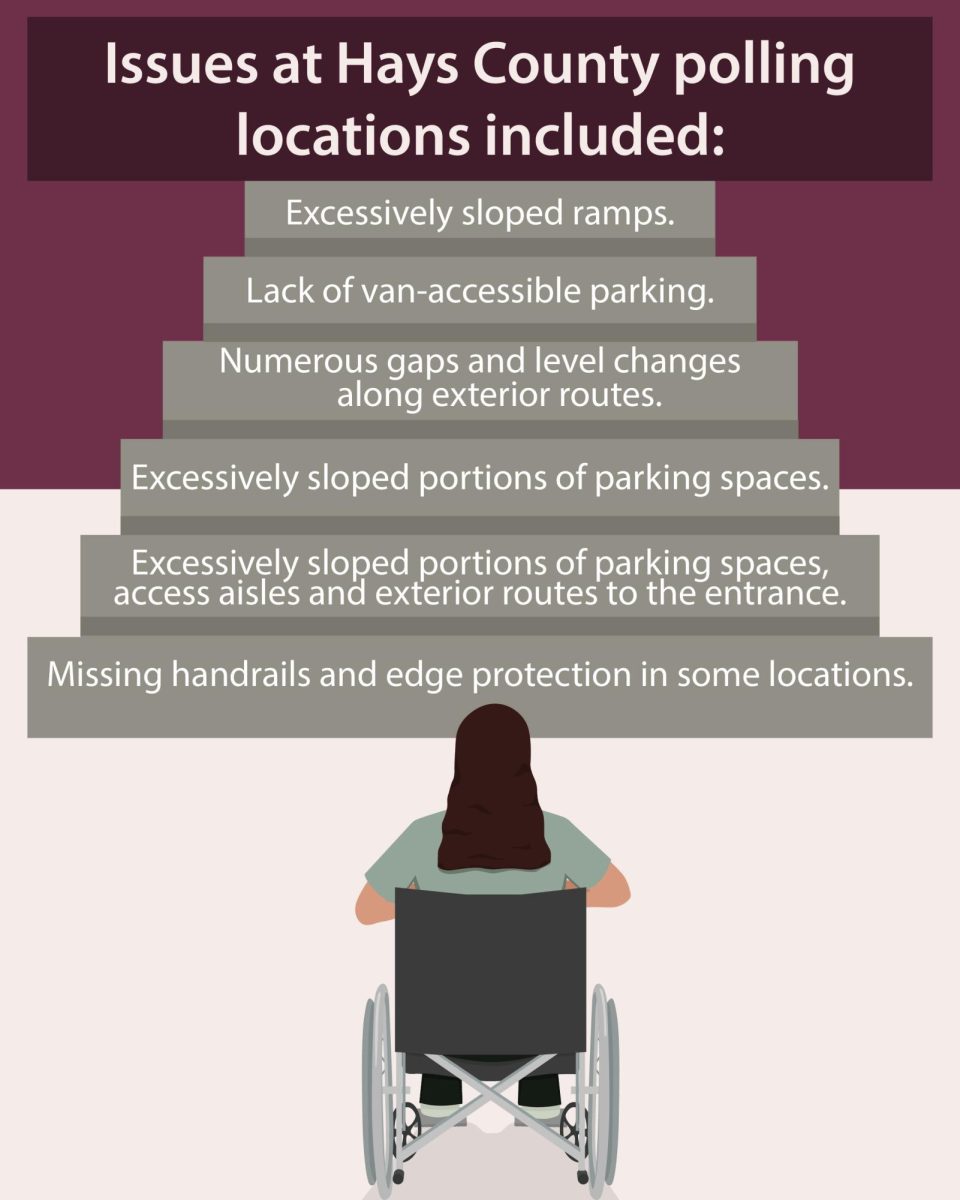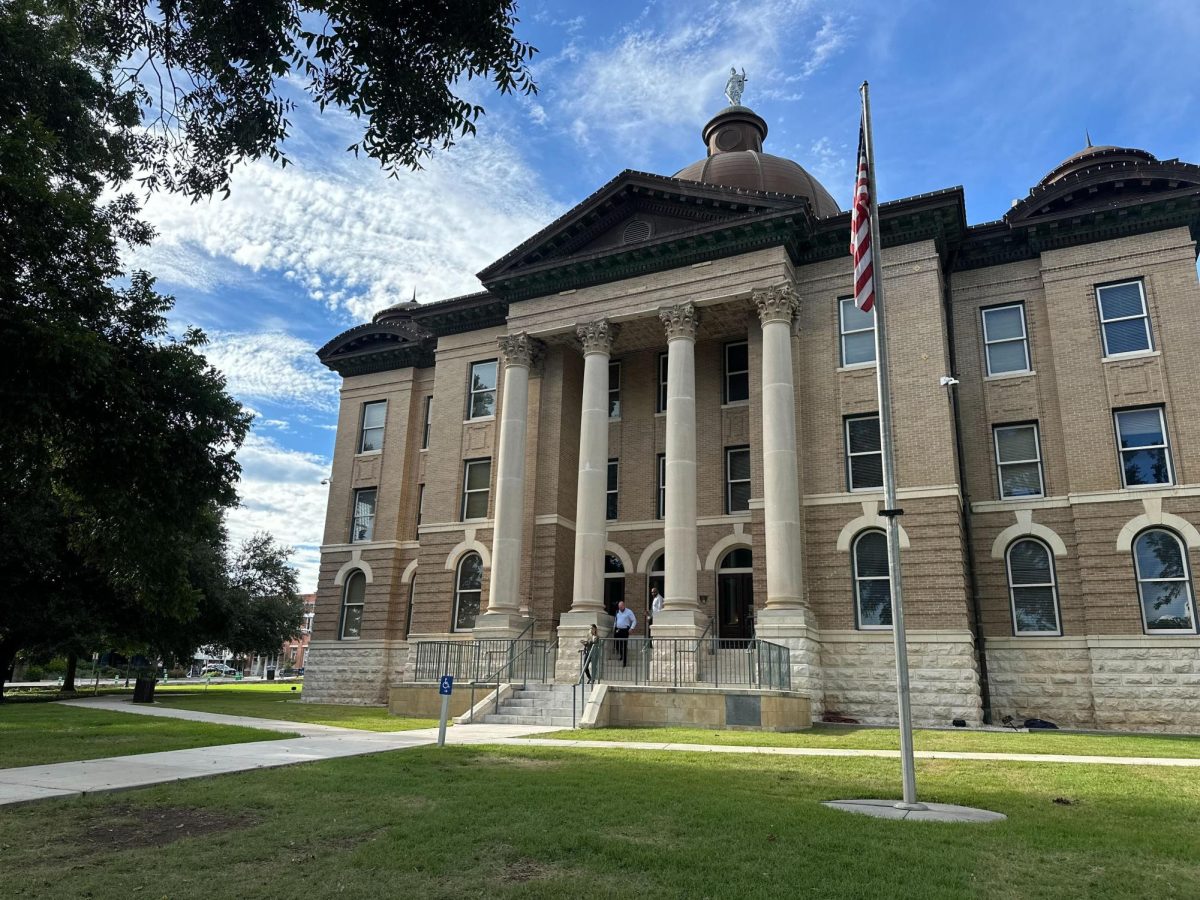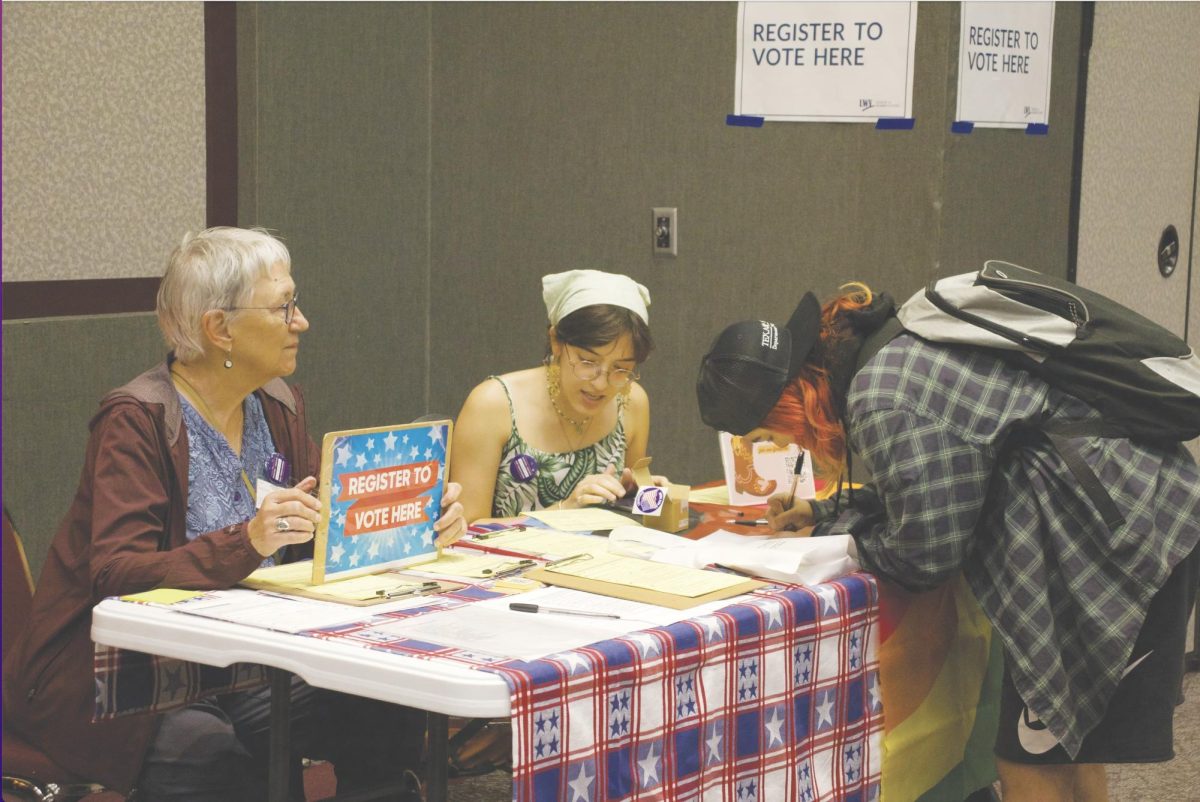On March 7, San Marcos City Council passed the 2022-96 ordinance requiring dogs and cats four months and older to be implanted with a microchip containing the owner’s information within 30 days of ownership or movement in the city.
According to Minnie Buckhaults, San Marcos Regional Animal Shelter community engagement coordinator, the new ordinance will replace an old one that only required a pet license for owners.
“The previous ordinance basically asked citizens to stop by the San Marcos Animal Shelter and get a pet license. That included a tag so we could unite pet owners faster to their missing pets,” Buckhaults said. “However, that was seeing minimal success.”
A microchip is a small electronic chip directly injected into the animal. The chip is activated by someone scanning the pet which shows the owner’s information. Kelly Arthur, an administrator of Lost and Found Pets of Hays County said microchips are more reliable than a collar and tag.
“Collars and tags fall off all the time,” Arthur said. “All kinds of excuses are used. [A pet] chews his collar off, but a microchip is actually embedded.”
A microchip is scanned after a pet is found, so it does not always track the location. It just holds information that is released when scanned.
“I know a lot of times people assume that [the microchip] is like a GPS and unfortunately it’s not like that. It’s just a chip that carries information,” Buckhaults said.
According to Buckhaults, the shelter is at extreme overcapacity, outnumbering the number of kennels currently built.
“We are severely at overcapacity. We have 93 dog kennels and generally have anywhere from 120 to 175 dogs in our care depending on the week,” Buckhaults said. “It is a complete crisis, we are so overcapacity. This is not normal at all.”
With the new ordinance being passed, there are hopes that this can relieve the mass amounts of pets being put in shelters and eliminate overcrowding.
“I support the recently passed San Marcos animal ordinance that, among many positive updates, requires residents to microchip their dogs and cats,” Jennifer Hayes, a Hays County animal advocate said. “It is an important tool to reunite lost pets and keep them out of an already overcrowded shelter.”
An important effect of micro-chipping is the owner of a lost pet can be found quickly and easily with their information already in the animal.
“If your dog is microchipped, it’s probably going to go back to you,” Arthur said. “Even if your dog does get picked up by animal control … they scan right on the spot so they’ll try to find the owner out in the field instead of doing intake.”
There are hopes that animals can be found and returned much more quickly than before with the ordinance’s passage.
“Our biggest hope is that we are able to reunite pets faster and keep animals out of the shelter,” Buckhaults said. “So, the hope of this ordinance is that it reduces length of stay at the animal shelter and it keeps pets in homes rather than at the facility.”
Legally, the only way for a pet to be identified to its owner is through identification of the animal. Microchips are embedded in the animal, meaning the identification will not go away and can be linked to the owner.
“Probably 50-75% of [the animals I scan] are not micro-chipped which means that if the finder cannot keep the dog for a bit it goes straight to the shelter,” Arthur said. “[The microchip] is the only legal tie that ties that animal to the owner and in the state of Texas, animals are property.”
The San Marcos Animal Shelter will offer discounted price of $5 microchipping through the end of May to give more pet owners access to the microchips. Before this it would cost $25-30 for people to microchip their pets. But with the ordinance change, more people have the financial flexibility to microchip their pets now than ever before, creating hope that the shelters can be relieved of overcrowding.
“To alleviate any financial burden this may impose on residents, [the shelter] is offering five-dollar microchips through the end of May,” Hayes said.
The shelter is also hosting a free microchipping event in May to cater to even more city citizens who may be unable to budget for the microchip.
“We have a microchipping event going on in Conway Park on May 6, with free microchipping and our animal protection officers can help you register it,” Buckhaults said.
For more information on microchipping, visit San Marcos Animal Shelter’s Facebook page.
Categories:
New city ordinance requires pets be microchipped
Blake Leschber, Assistant News Editor
April 10, 2023
0
Donate to The University Star
Your donation will support the student journalists of Texas State University. Your contribution will allow us to purchase equipment and cover our annual website hosting costs.
More to Discover



